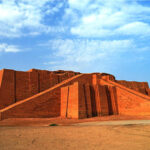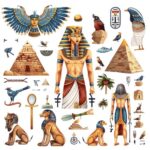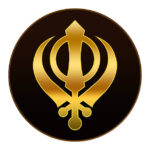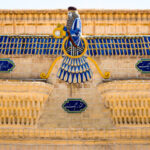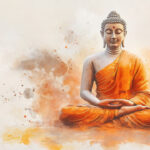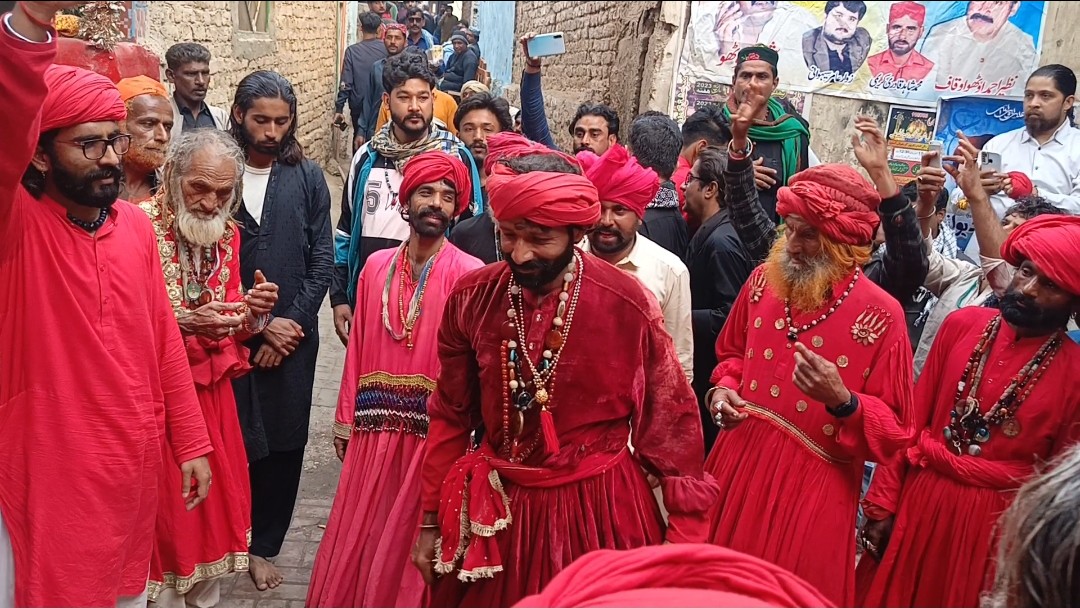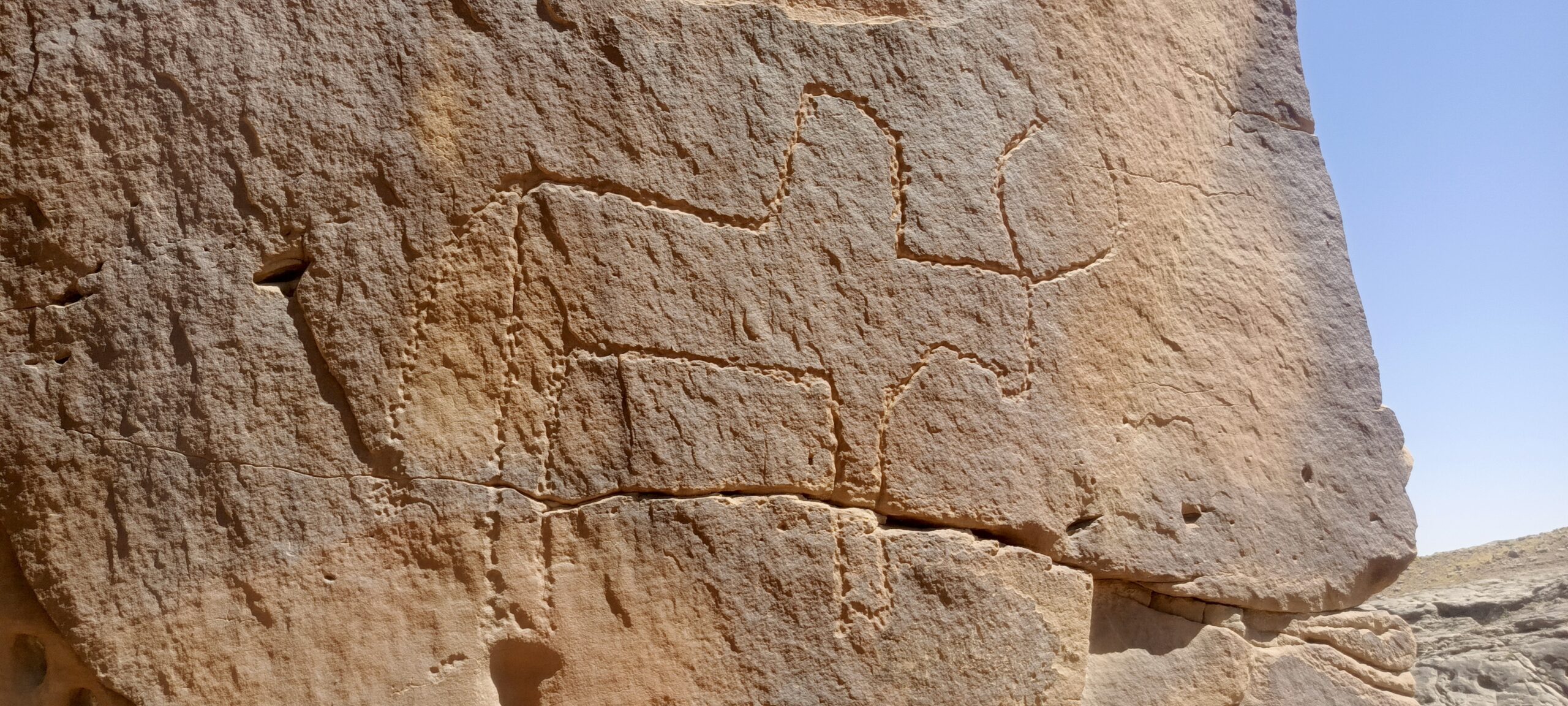Life on Earth began millions of years ago. Simple unicellular organisms evolved into multicellular beings and eventually developed into complex animals. Anthropologist Harvard Moer traced the earliest human origins to the southern regions of Asia. He also argued that humans first domesticated animals in the Indian subcontinent.
Archaeological findings confirm traces of early human life in Asia’s mountainous plateaus.
In 1930, researchers excavated the Siwalik Hills of India and uncovered fossilized skeletal remains of early hominids. These fossils, about 15 million years old, linked to Ramapithecus. Later, in the Potohar Plateau of Pakistan, archaeologists found fossils dating back 17 million years, associated with Sivapithecus.
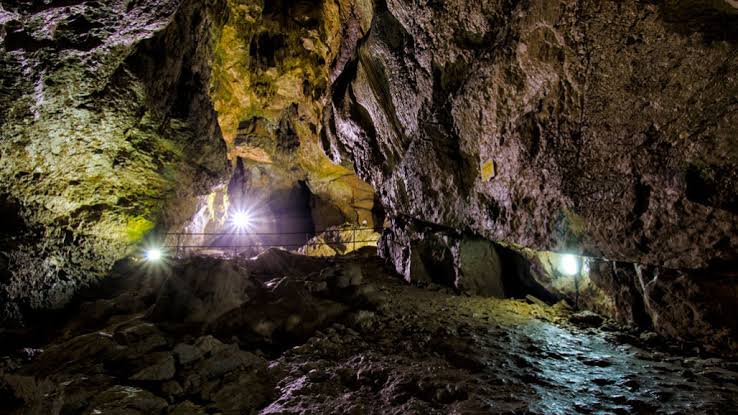
Early humans gradually spread from the Himalayan ranges to the Kirthar Mountains. Many caves still survive in these areas and once gave shelter to prehistoric humans. Over time, people transformed some caves into temple structures, reflecting a shift from survival needs to spiritual practices.
Read More about Kirthar Mountain petroglyph.
Scholars argue that the first South Asian civilization developed along the Indus River. People cultivated crops and worshipped fertility deities. Many ancient goddesses appear with a sheaf of wheat in hand, symbolizing agriculture. With the rise of farming and settlement, religion and belief systems emerged.
The History of Morality
What is morality? What qualities define it? Different eras provide different answers. Moral values continuously evolved from the hunter-gatherer age to the cultural and modern ages. Practices once considered virtuous later became immoral, while ideas once condemned became acceptable.
Historian Will Durant believed that even prehistoric humans practiced morality and passed it to their children. Early societies created ethical codes that guided family and tribal life.
Humans built religions and spiritual systems to enforce morality. They sought protection from wild animals, disasters, and diseases. When people faced unanswered questions, they created beliefs and religious explanations. Religion gave humans faith in a supernatural power, inspired compassion, and introduced fear of punishment for wrongdoing. Religion also unified societies and protected people from calamities.
The Emergence of States
When humans moved from caves and villages into towns and cities, they needed laws to manage collective life. Communities created states to regulate ownership, resolve disputes, and protect resources. States enforced laws, safeguarded order, and supported shared survival.
Civilization and Human Development
Humans feared disasters and built religions to seek protection. They improved social relations by creating laws. These steps laid the foundation for states. People also built cities, developed culture, and enforced discipline. Civilization slowly took shape.
We often use “civilization” to describe early urban societies, but this raises important questions:https://en.m.wikipedia.org/wiki/History
- Do modern populations belong to ancient civilizations?
- Should geography alone connect present-day people to past civilizations?
- Should all Indians be part of the Indus Valley Civilization?
- Do modern Americans belong to Native American civilizations?
- Should present-day Iraqis link directly to Mesopotamian Civilization?https://en.m.wikipedia.org/wiki/Civilization
Read More about Mohen jo Darohttps://khahori.com/the-indus-valley-civilization-an-archaeological-and-historical-perspective/
If the answer is no, then why do we still describe global conflicts as clashes of civilizations? Perhaps, in today’s interconnected age, civilizations have merged into shared cultural systems.
If we separate earlier civilizations from later ones, then history shows countless civilizations that interacted and influenced one another. For example, the Indus Valley Civilization influenced the Maurya and Gupta Empires. This continuity also defines civilization.
In Southeast Asia and Central Asia, different civilizations arose at different times. Some appear separate, while others connected in a parent–child relationship.
Civilizations in the Modern Era
How should modern society classify itself? Do we live in one global civilization, multiple civilizations, or a web of interconnected ones?
Anthropologists suggest that early humans lived without formal religion. Later, they built religious systems in response to disasters, fears, superstitions, and unanswered questions.
Today, science and technology answer many of those old mysteries. Humans use rational inquiry and discoveries to resolve fears once explained through religion. This raises key questions:
- If people rely more on science, will future generations reduce their dependence on religion?
- Should this shift be viewed as a natural step in human intellectual progress?
- If ancient needs for religion no longer exist, why do humans still hold on to it?
Conclusion: Religion and Human Progress
Religion shaped morality, culture, and civilization. Science now explains what humans once explained with myths and beliefs. Yet, religion continues to play a role in society. Whether humanity reduces or redefines religion in the future remains an open question. Scholars and thinkers must continue this debate.

